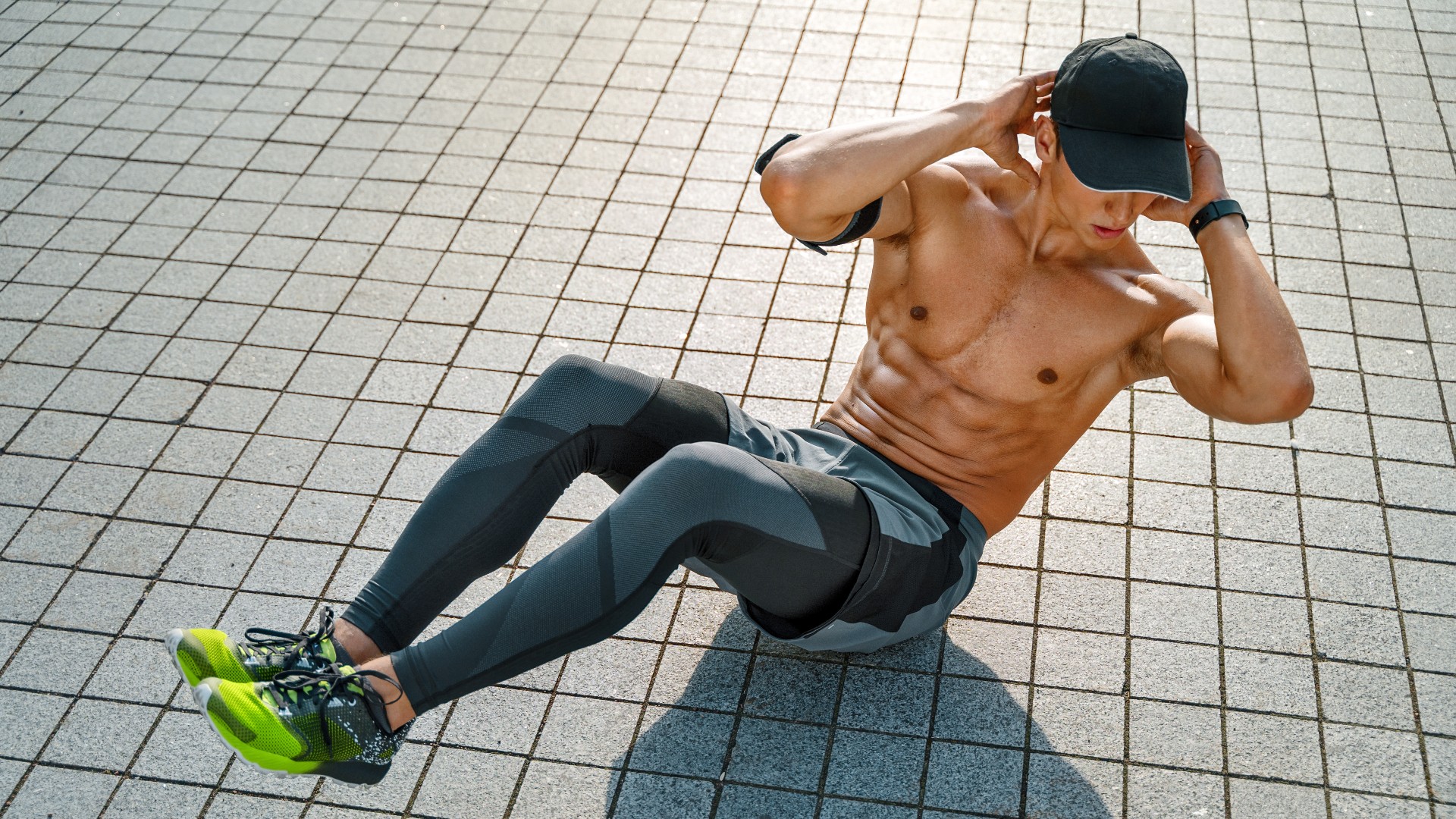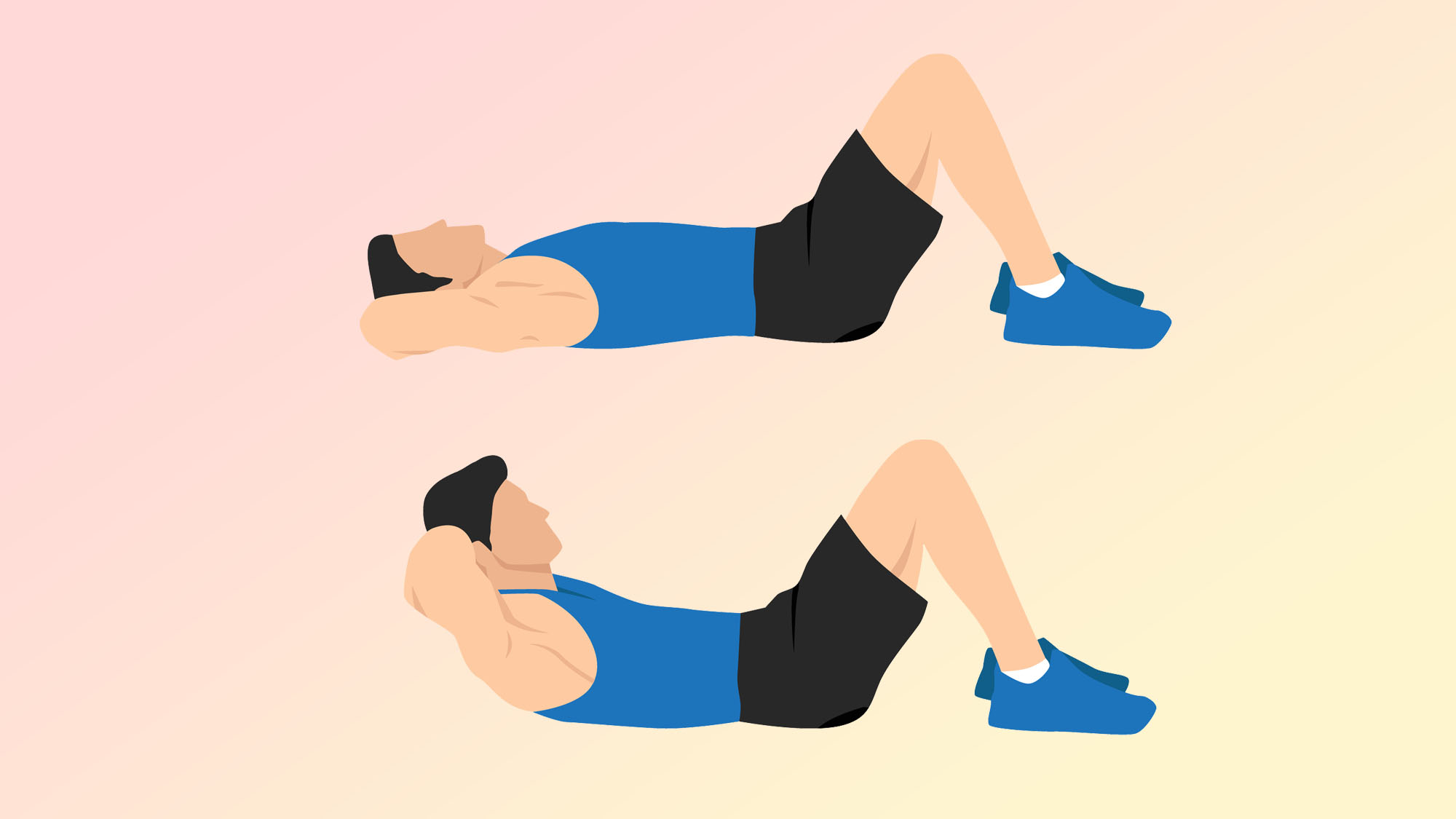
Here at Tom’s Guide our expert editors are committed to bringing you the best news, reviews and guides to help you stay informed and ahead of the curve!
You are now subscribed
Your newsletter sign-up was successful
Want to add more newsletters?

Daily (Mon-Sun)
Tom's Guide Daily
Sign up to get the latest updates on all of your favorite content! From cutting-edge tech news and the hottest streaming buzz to unbeatable deals on the best products and in-depth reviews, we’ve got you covered.

Weekly on Thursday
Tom's AI Guide
Be AI savvy with your weekly newsletter summing up all the biggest AI news you need to know. Plus, analysis from our AI editor and tips on how to use the latest AI tools!

Weekly on Friday
Tom's iGuide
Unlock the vast world of Apple news straight to your inbox. With coverage on everything from exciting product launches to essential software updates, this is your go-to source for the latest updates on all the best Apple content.

Weekly on Monday
Tom's Streaming Guide
Our weekly newsletter is expertly crafted to immerse you in the world of streaming. Stay updated on the latest releases and our top recommendations across your favorite streaming platforms.
Join the club
Get full access to premium articles, exclusive features and a growing list of member rewards.
If you’re wondering whether or not to add crunches to your abs routine, we'll let you know their benefits and drawbacks, and give you three crunch variations to try.
Strong core muscles don’t just look good — they do a whole lot more for your body. These muscles consist of superficial and deep muscles that wrap around your torso and extend to your hips and glutes. As a network, your core muscles support good posture, protect your lower back and help you lift heavier and move more efficiently, with less chance of injury.
But yes, defined abs do pop as well. Below, we cover how to do “traditional” crunches and why these three crunch variations are worth the hype alongside the best ab exercises around.
How to do crunches

Here’s how:
- Start on your back with both hands resting on the back of your head
- Bend your knees and place both feet on your mat, hip-width apart
- Engage your stomach muscles, then lift your upper back off the mat while keeping the lower back pressed into the mat
- Pause, then slowly lower back to your starting position.
Crunches: Benefits
When deciding on ab workouts, consider weighing up the pros and cons of sit-ups vs crunches.
Like many of the best ab exercises, including sit-ups, crunches develop a stronger core, which improves posture, mobility and flexibility and helps you function better day-to-day. For many people, crunches are accessible, but if you’re working with a back injury, we recommend checking in with a personal trainer or doctor first.
You could argue crunch variations offer more variety than sit-ups, but there are now so many ways to modify the moves that it’s pretty hard to call it. The benefits of crunches will vary depending on the exercise — some target the oblique muscles using lateral flexion and twisting, and others primarily hit the rectus abdominal muscles (think the six-pack look), which account for movement between your pelvis and the ribcage.
Get instant access to breaking news, the hottest reviews, great deals and helpful tips.
But if visible abs are the goal, you’ll need to look at other lifestyle factors like body fat percentage and diet. Here are 5 reasons you can’t see your abs yet despite working out.
Crunches: Common mistakes
Regardless of the crunch variations you try, the movement often involves driving your head closer to your legs or vice versa (or both!) A common mistake is hyper-flexing the neck, so keep your neck in a neutral position rather than tucking your chin to your chest.
Try to keep your lower back pressed into the floor at all times, and during standing crunches, keep a neutral spine, proud chest and flat back.
Regardless of how good your form might be, the core exercise could be off the table for some people. If you have a neck injury, are pregnant or have just had a baby, focus primarily on working your pelvic floor and deeper core muscles first, rebuilding strength before progressing to crunches.
Your abs are responsible for stability and anti-rotation, so for beginners, practicing isometric ab exercises like planks, and ab exercises for the deeper core muscles, like leg raises, should be a priority to build foundational core strength.
We also recommend learning the most important thing to do when working your abs so that you can understand how core exercises should feel before trying advanced ab exercises.
3 crunch variations to add to your ab workouts
1. Sumo squat side crunch
Get more bang for your buck by working your legs, shoulders and obliques. Adopt a wide stance with toes pointed out (here’s how to do a sumo squat in more detail), and lower into a squat with thighs parallel to the floor. Bend your elbows and raise your arms to shoulder height with palms facing forward, or place them behind your head and draw your shoulder blades together. Engage your core and keep your hips square, then drive your left elbow to your left knee and return to the starting position. Repeat on your right side.
To add an extra challenge, hold a pair of dumbbells throughout. Avoid rounding your back or leaning forward.
2. Standing overhead side bend
Strengthen your obliques, shoulders and back muscles with side bends. To do the move, stand with your feet hip-width apart, engage your core and keep a tall spine. Hold a weight in both hands and extend your arms overhead, pressing your hands against the weight. With control, bend to the left on an exhale, keeping your hips facing forward and chest lifted. Pause, then inhale as you return to the center and exhale as you move to the right.
3. Frog crunch
This crunch activates the abs, obliques, hips, quads and adductor muscles along the inner thighs. Start on your back with your hands behind your head and legs extended away from you. Bring the soles of your feet together and allow the knees to fall outwards. On an exhale, lift your upper back off the mat and bend your knees, drawing the elbows and thighs toward each other. With control, slowly lower back to the starting position.
More from Tom's Guide
If crunches are off the table for you, we say forget them! Here are several ways you can forget crunches and upskill your ab workouts without them.
- Forget crunches, this standing ab workout sculpts you core with just 4 moves
- Forget crunches, these 5 moves build a super strong core
- I did the 7-minute crab walk every day for a week, here are my results

Sam Hopes is a level 3 qualified trainer, a level 2 Reiki practitioner and fitness editor at Tom's Guide. She is also currently undertaking her Yoga For Athletes training course.
Sam has written for various fitness brands and websites over the years and has experience across brands at Future, such as Live Science, Fit&Well, Coach, and T3.
Having coached at fitness studios like F45 and Virgin Active and personal trained, Sam now primarily teaches outdoor bootcamps, bodyweight, calisthenics and kettlebells.
She also coaches mobility and flexibility classes several times a week and believes that true strength comes from a holistic approach to training your body.
Sam has completed two mixed doubles Hyrox competitions in London and the Netherlands and finished her first doubles attempt in 1:11.
 Club Benefits
Club Benefits












